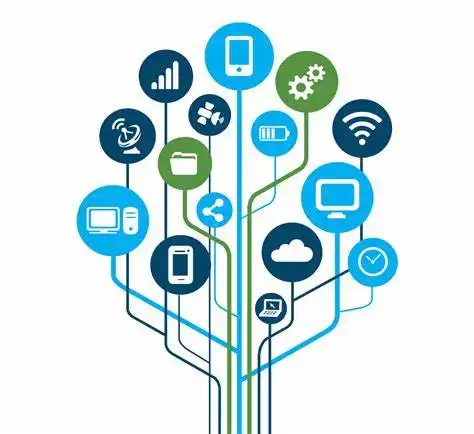In the recent confrontation between Israel and Hamas, both sides put forward their respective narratives. But the introduction of disinformation deepened the conflict, aggravating the existing volatility.
This conflict, like any other contemporary conflict, was highly affected by the strategic use of social media. These platforms became outlets for dispensing disinformation and propaganda, thereby increasing civil unrest.
Disinformation, which refers to deliberately misleading or biased information, played a role in instigating violence, enraging public sentiments, and leaving international observers in a state of flux.

It's important to note the significant role digital platforms play in contemporary conflicts. They provide real-time updates and communications between parties, but they can also be weaponized to spread falsehoods and stoke tensions.
On the Israel side, an allegedly leaked communication error revolving around a ground invasion led to a misinformation mishap. The report was a mistake but had geopolitical implications, including prompting Hamas militants out of their tunnels.
The issue was quickly clarified but the fallout provides an example of how a seemingly trivial error can have serious real-world consequences in a military conflict.
On the Hamas side, propaganda was prevalent. The group manipulated images or exploited old photographs to push its narrative, falsely painting an image of their firepower and the apparent damage inflicted on Israel.
Though it might seem that such manipulative and erroneous narratives would lose credibility over time, they often find receptive audiences polarized by protracted political disputes and cultural differences.
The implications of this disinformation war go beyond exacerbating a violent conflict. It erodes the credibility of news systems and governments and increases public skepticism in the official narratives.
Hence, it's essential to educate individuals about the importance of verifying information before sharing it, especially in the context of a socio-political conflict of international significance.
During such turbulent times, it is platforms like Twitter, Instagram, and Facebook that bear a significant responsibility. They are compelled to enforce stricter rules against disinformation and propaganda on their platforms and they largely play a role in influence the outcome.
Nonetheless, the task is not easy. These platforms often struggle to find a balance between protecting freedom of speech and mitigating the potential harm caused by disinformation.
Furthermore, automating the process through algorithms can lack the necessary nuance and context understanding. The limitations of human moderators and automated systems, together, make it a challenging task.
Another challenge lies in distinguishing between misinformation, which is unintentional, and disinformation, which is shared purposefully. All too often, the line can blur and misjudgments can occur with detrimental effects.
Moreover, these platforms, especially Facebook, have been criticized for their branding as 'neutral' platforms. Critics argue that their algorithmic amplification of extreme views contributes to societal polarization, thereby unwittingly furthering conflict.
In dealing with these issues, transparency in policies and their enforcement is crucial. Social media companies must be open about their methods of identifying and dealing with disinformation and propaganda.
At the same time, it’s crucial to emphasize the value of robust journalism in propagating balanced news around conflicts. Trustworthy news sources can act as a buffer against the tidal wave of disinformation.
What this recent conflict has reinforced is the pivotal role of digital platforms in conflicts. It is a remnant of the broader discussion regarding the role and responsibility of Big Tech in society today.
In conclusion, disinformation, often coupled with propaganda, can fuel conflicts, contribute to societal polarization, and erode trust in institutions. The onus lies on social media platforms, as well as individuals, to critically examine and verify information before sharing.
The recent Israel-Hamas conflict has amplified the need for an earnest discussion about the role of disinformation in conflicts and how we can collectively combat this modern-day warfare tool.